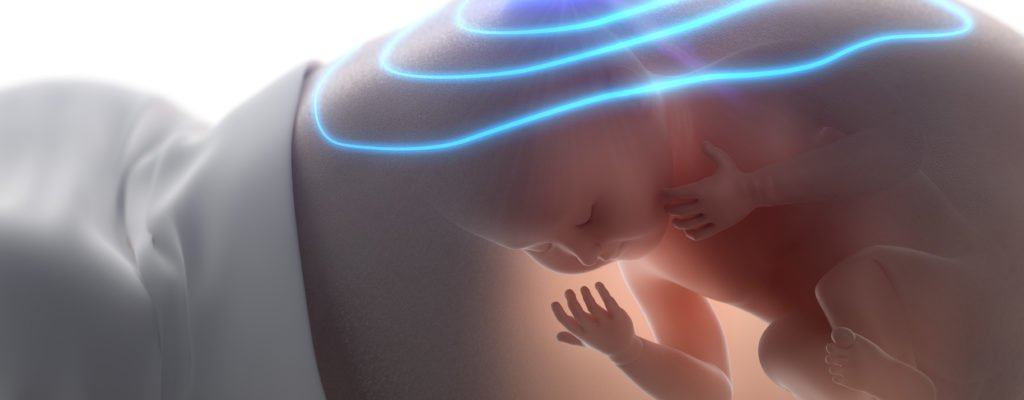
Feeling your baby's turning, wriggle, fist, swing and hiccup is one of the most wonderful feelings for a mother. These are energetic manifestations of a life growing in you day by day. Therefore, you should regularly pay attention to detect any unusual signs to notify your doctor as soon as possible.
How is fetal movement normal?
"Why are you moving so fast!" Maybe the thought that pops into your mind as you feel your baby's first movements . You will feel gurgling and hangover in your stomach.
These movements will take place at any time during the 16-22 week of pregnancy. If you have had your baby before, you will feel the same way in your next pregnancy. If you have not felt any unwell baby every day since week 24, notify your doctor immediately.
Tell the mother how to track the motion time of the fetus
Tracking and counting fetal movements are very important. After 28 weeks, the fetus should move at least 6 times / hour in a day. It is not necessary for the fetus to move exactly 6 times per hour, but it does need one hour of exercise a day. If your baby doesn't move, it could be exhausted from being trapped in the umbilical cord or from too little amniotic fluid in your body. These complications can be very serious. If you feel that your baby is not moving normally, drink some juice, lie on your left side for about an hour and pay close attention to your baby's movements. After an hour, if you cannot count 6 different movements then you should see a doctor immediately.
Strange movements of the fetus
If you notice rhythmic movement every few seconds, your baby may be hiccuped. This feeling may worry you at first, but this is a normal response to your baby's development and a sign that the baby is still healthy.
The baby's activities in the womb do not follow a schedule at all. Just remember that your baby is active 1 hour / day is enough and does not have to happen at the same time each day.
As the fetus grows and the womb becomes cramped, the baby's activity may decrease.
Each pregnancy is not the same so fetal movements will be different. You should not compare the movements of this pregnancy with the previous pregnancy. However, if your baby doesn't move or you can't count his movements, you should see the doctor right away for a timely check-up.
Factors influencing the mother's feeling of fetal movements
The mother's perception of fetal movements also depends on several factors such as the position of the placenta. If the placenta attaches to the front of the uterus, it will look like a pillow is placed between you and your baby. This makes it harder to count your child's frequent movements. That is also why you feel the fetal movements are quite long apart.
Your weight can also affect your baby's feeling of movement. If you are overweight and have a layer of fat around your abdomen, it is difficult to notice your baby's movements clearly. In this case, you should visit your doctor to check your heart rate weekly to confirm that everything is ok for your baby.
Each child has a unique personality right from the time he was still in the womb, so the number of movements or movements of the baby will be very diverse. Therefore, the fetus is active for about an hour / day. If you have any questions or concerns, please consult your pediatrician as soon as possible.












